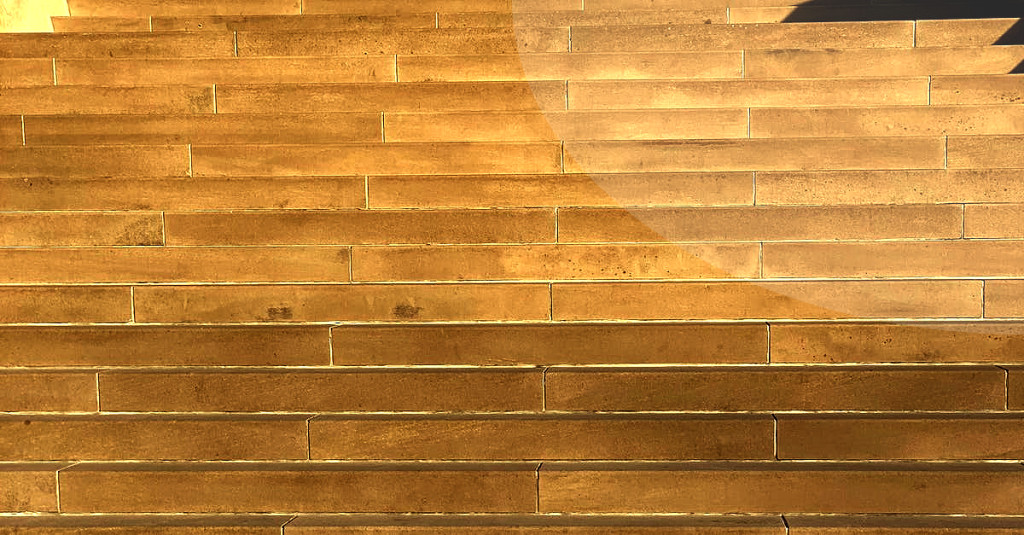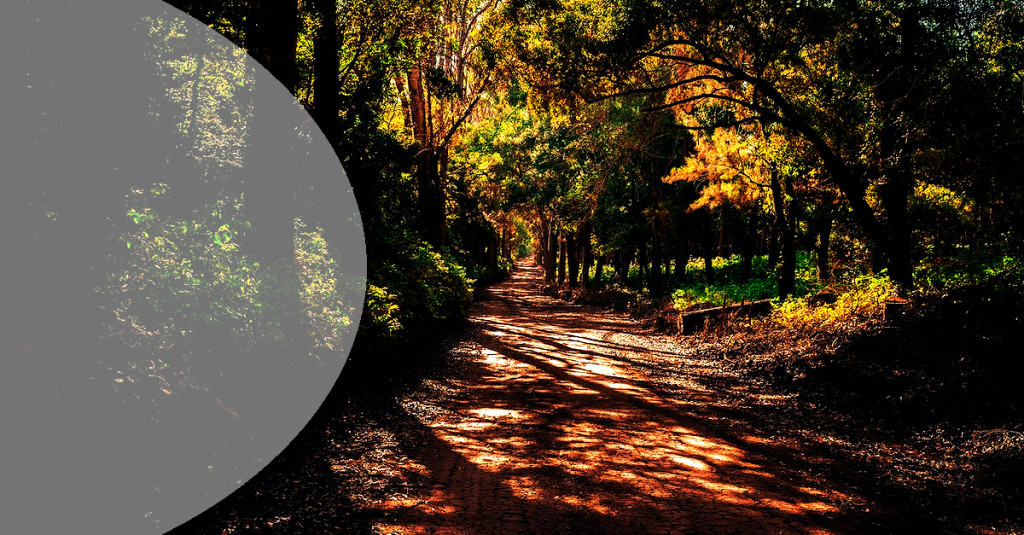Easy ways to make a garden stepping stone path with moss

A Pathway with Purpose: Choosing Your Destination
A journey through nature starts in your own backyard.
Stepping stone paths can add an aura of charm and whimsy to your garden, creating a fairytale-like atmosphere that entices visitors to explore and revel in nature's beauty. A moss-covered path can be both beautiful and practical, blending seamlessly into its natural surroundings, all while adding a visual appeal that elevates your garden to the next level.
In this comprehensive guide, we'll cover everything you need to know about creating the perfect mossy garden stepping stone path. From choosing the ideal location to laying down materials and cultivating moss, you'll be equipped with the knowledge to make your enchanting walkway a reality.
Rock Solid Foundations: Selecting Your Stepping Stones
Before you begin laying down stones, it's essential to determine the purpose and destination for your path. Is it for leisurely strolls around the garden, creating a shortcut between two significant points, or perhaps leading the way to a cozy nook or an impressive garden feature? Knowing the purpose of your mossy path will help you make informed choices throughout the design process, ensuring your stepping stone pathâs charm and functionality align.
Flat and Functional
The heart and soul of your mossy path lies in the stepping stones you choose. These can range from natural, irregular stones to uniform and symmetrical shapes, depending on your design preferences. Slate, flagstone, sandstone, or even recycled materials like old bricks work well for pathways.
Size and Spacing
When selecting your stones, ensure they have a flat and even surface for easy walking, as well as stability. A thickness of about 2 inches is ideal. Keep in mind that stepping stones with rough edges and interesting textures can add an appealing contrast to the soft, lush look of moss.
Getting Down and Dirty: Prepping Your Pathway

Larger stepping stones create a sense of stability, while smaller ones add a playful and artistic touch. Incorporate a mix of sizes for an eclectic, natural look. Pay attention to spacing when laying out your path â leave enough room between each stone to ensure comfortable walking, but not too far apart to cause strain. Aim for a distance of 10 to 12 inches from the center of one stone to another.
Digging Deeper
Now that youâve chosen your stones and designed your pathway, itâs time to get your hands dirty and start the installation process. Begin by outlining the shape of your path, either with string and stakes or by sprinkling flour or sand along the intended course.
Leveling and Laying Stones
Related articles
Remove any existing grass and vegetation and dig a hole for each stepping stone. The hole should be approximately 2 inches deep, slightly larger than the stone, and sloping gently away for proper drainage.
Get Ready to Fill the Gaps
Fill each hole with a base layer of paver sand or crushed limestone to create a stable foundation. Ideally, your stones should sit about 1 inch above the ground when laid upon this layer. Once youâve placed a stone, ensure itâs leveled and tamp it down with a rubber mallet.
Growing Green: Cultivating Your Captivating Moss

With your stepping stones all set, itâs time to create the perfect environment for moss to thrive between each stone. To ensure successful moss growth, consider soil pH and moisture, the siteâs sun exposure, and the moss species you choose.
Choosing the Right Moss
Moss can be grown from either transplants or a moss slurry. Transplants consist of taking chunks of moss from one location and affixing them to the desired area. A moss slurry is a mixture of moss, water, and buttermilk, which is painted onto the desired surface and allowed to grow over time.
Encourage Natural Growth
Do your research and select a moss species that complements your garden and thrives within your climate and sunlight conditions. Some popular species suitable for mossy paths include haircap moss, sheet moss, and cushion moss.
Stroll into Lushness: Your Gardenâs Enchanted Walkway Beckons

To encourage moss growth, remove any weeds and debris from between the stepping stones, and keep the area moist â especially during the initial growth stage. Consider adding a dash of buttermilk or yogurt to the soil to promote moss development.
With your mossy garden stepping stone path now complete, take a leisurely stroll and enjoy the lush, serene atmosphere youâve created. Your enchanting walkway provides a magical gateway to nature and an irresistible invitation to visitors â to explore, to wander, and to rediscover the charm of the great outdoors.





